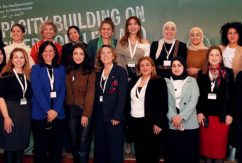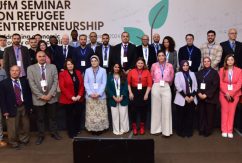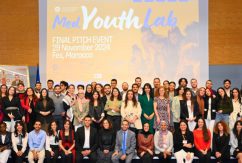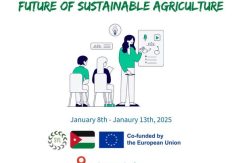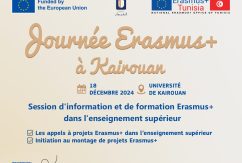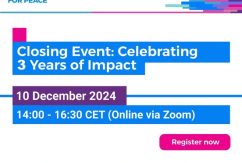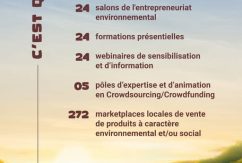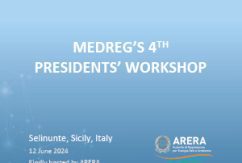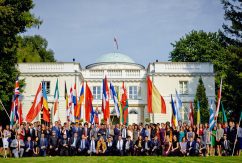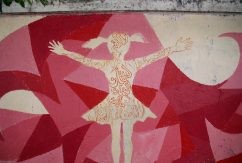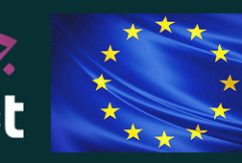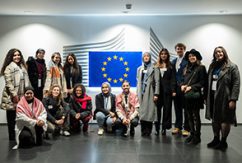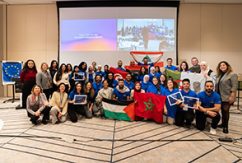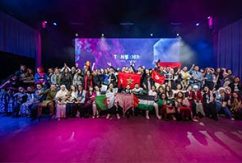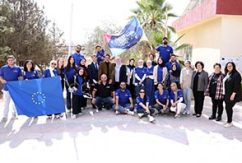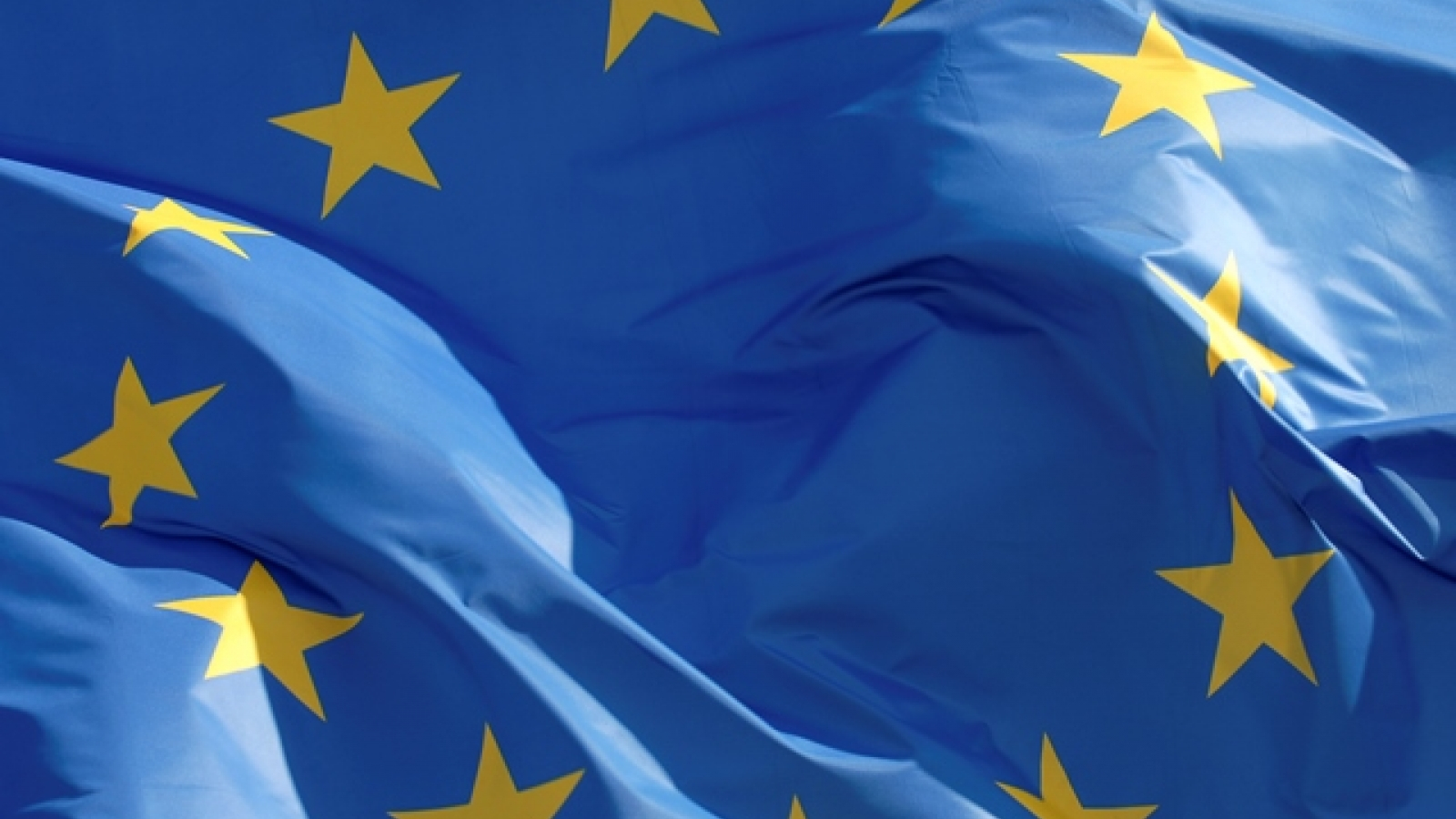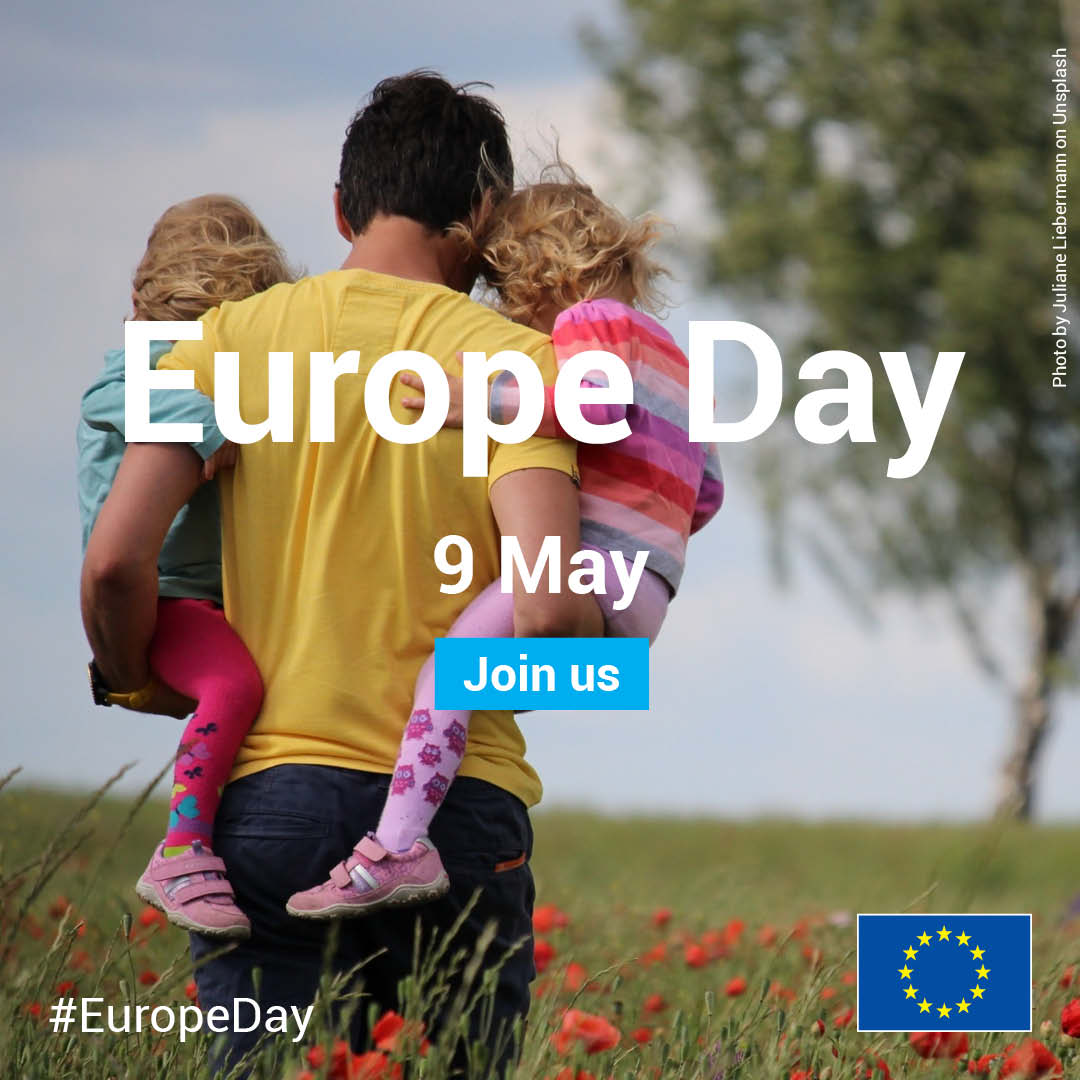Established in 2008 upon the values and achievements of the Barcelona Process, the UfM emerged from the collective efforts of the leaders of the European Union and neighbouring countries from the Southern and Eastern shores of the Mediterranean. It has since become a vital institutional framework for dialogue and cooperation in the region. Over the past decade and a half, the UfM has worked to drive regional inclusive sustainable development, foster dialogue, and address pressing regional challenges.
UfM celebrates its 15th anniversary
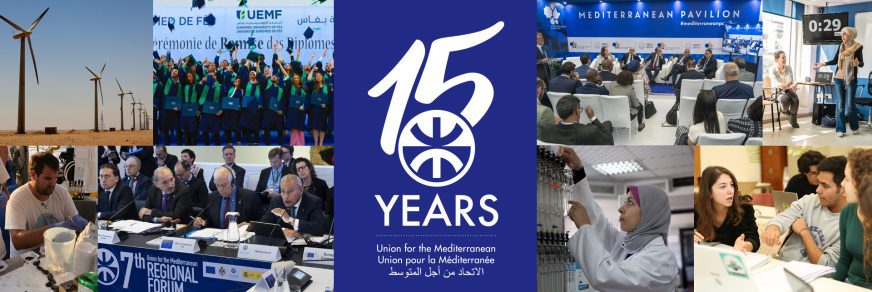
Since its inception, the UfM has actively undertaken a diverse range of initiatives aimed at promoting regional inclusive sustainable development and integration. The organization has championed women’s rights, job creation, enhanced connectivity efforts among countries and addressed environmental and climate emergencies. Through its commitment to evidence-based decision-making, the UfM has played a crucial role in equipping policymakers with the necessary tools to promote climate action in the region.
The UfM has also prioritised grant schemes and programmes to encourage entrepreneurship and job opportunities for young people, recognising their crucial role in shaping the region’s future.
Furthermore, the organisation is working on a unique instrument to accelerate investments in the blue economy and on the establishment of a regional instrument for civil protection. Embracing the cultural richness of the Euro-Mediterranean region, the UfM has launched, together with the Anna Lindh Foundation for the Dialogue Between Cultures, new initiatives to celebrate diversity, promote dialogue, and cultivate mutual understanding.
To date, the UfM adds up to more than 60 region-wide cooperation programmes, which have emerged from Agendas agreed upon by UfM countries over more than 30 Ministerial Meetings. UfM-supported projects and initiatives align with the regional priorities set by sectorial ministers and are further developed within various sectorial regional platforms, creating a unique framework of cooperation in the region.
